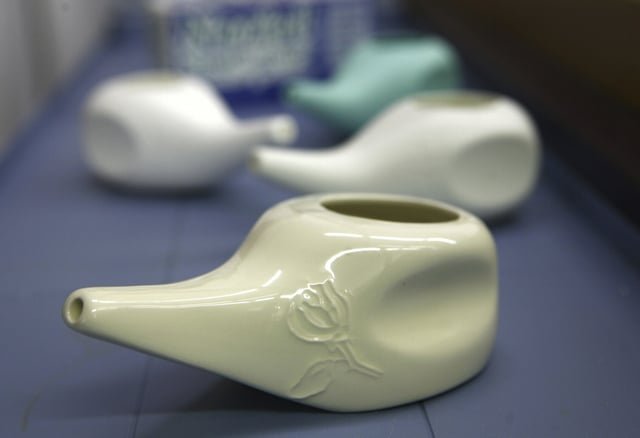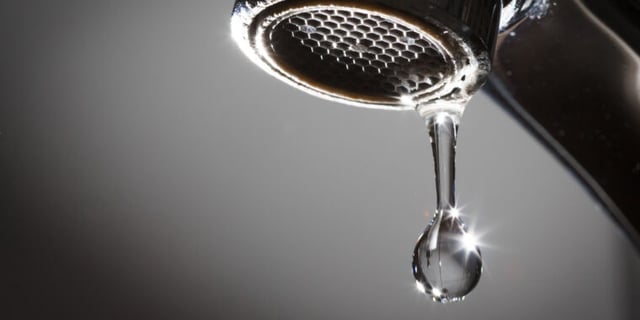Overview
- CDC researchers identify a link between tap water used in nasal rinsing devices and life-threatening amoeba infections.
- A study finds that a significant portion of the US population mistakenly believes tap water is sterile and safe for medical uses.
- Acanthamoeba infections, though rare, have a high fatality rate, with most cases occurring in immunocompromised individuals.
- The CDC advises using boiled, sterile, or distilled water for nasal rinsing to prevent amoeba infections.
- Research highlights the presence of Acanthamoeba in over 50% of US tap water samples, underscoring the risk of using unsterilized water.

